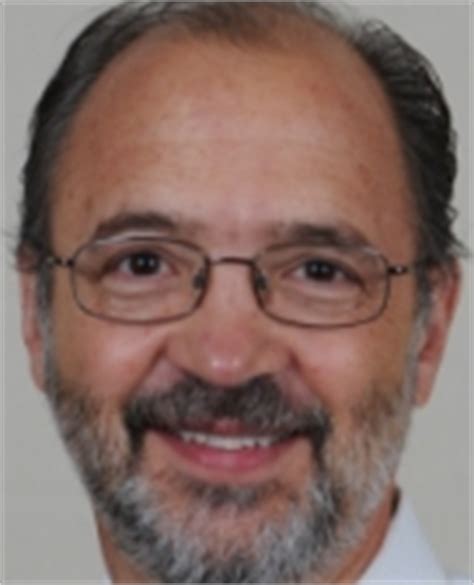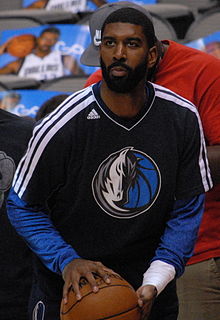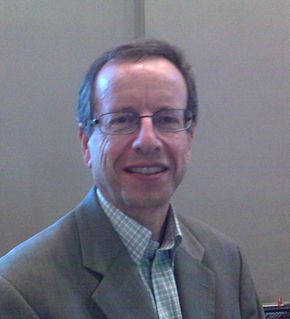A Quote by Geoff Mulgan
Governments should want and even crave the best possible scientific advice. With reliable knowledge come better decisions, fewer mistakes and more results achieved for each pound spent.
Related Quotes
Rhetoric is useful because the true and the just are naturally superior to their opposites, so that, if decisions are improperly made, they must owe their defeat to their own advocates; which is reprehensible. Further, in dealing with certain persons, even if we possessed the most accurate scientific knowledge, we should not find it easy to persuade them by the employment of such knowledge. For scientific discourse is concerned with instruction, but in the case of such persons instruction is impossible.
Home-making today should have a background of scientific training because only in this way can real efficiency be achieved. The average girl wants to be able to keep her house with the least possible strain, and in order to do this she must have good training. This can best be achieved by taking a good course in home economics.
Government should be good for the liberty of the governed, and that is when it governs to the least possible degree. It should be good for the wealth of the nation, and that is when it acts as little as possible upon the labor that produces it and when it consumes as little as possible. It should be good for the public security, and that is when it protects as much as possible, provided that the protection does not cost more than it brings in.... It is in losing their powers of action that governments improve. Each time that the governed gain space there is progress.
The world can use more light and less noise. More solvers and fewer blamers. More folks showing a better way and fewer folks complaining about how much better things used to be. More folks offering help and fewer folks wringing their hands about the problems. More hope bringers and fewer hope killers.
In the case of some people, not even if we had the most accurate scientific knowledge, would it be easy to persuade them were we to address them through the medium of that knowledge; for a scientific discourse, it is the privilege of education to appreciate, and it is impossible that this should extend to the multitude.
Statistics is, or should be, about scientific investigation and how to do it better, but many statisticians believe it is a branch of mathematics. Now I agree that the physicist, the chemist, the engineer, and the statistician can never know too much mathematics, but their objectives should be better physics, better chemistry, better engineering, and in the case of statistics, better scientific investigation. Whether in any given study this implies more or less mathematics is incidental.
It should be apparent that the belief in objectivity in journalism, as in other professions, is not just a claim about what kind of knowledge is reliable. It is also a moral philosophy, a declaration of what kind of thinking one should engage in, in making moral decisions. It is, moreover, a political commitment, for it provides a guide to what groups one should acknowledge as relevant audiences for judging one's own thoughts and acts.



































